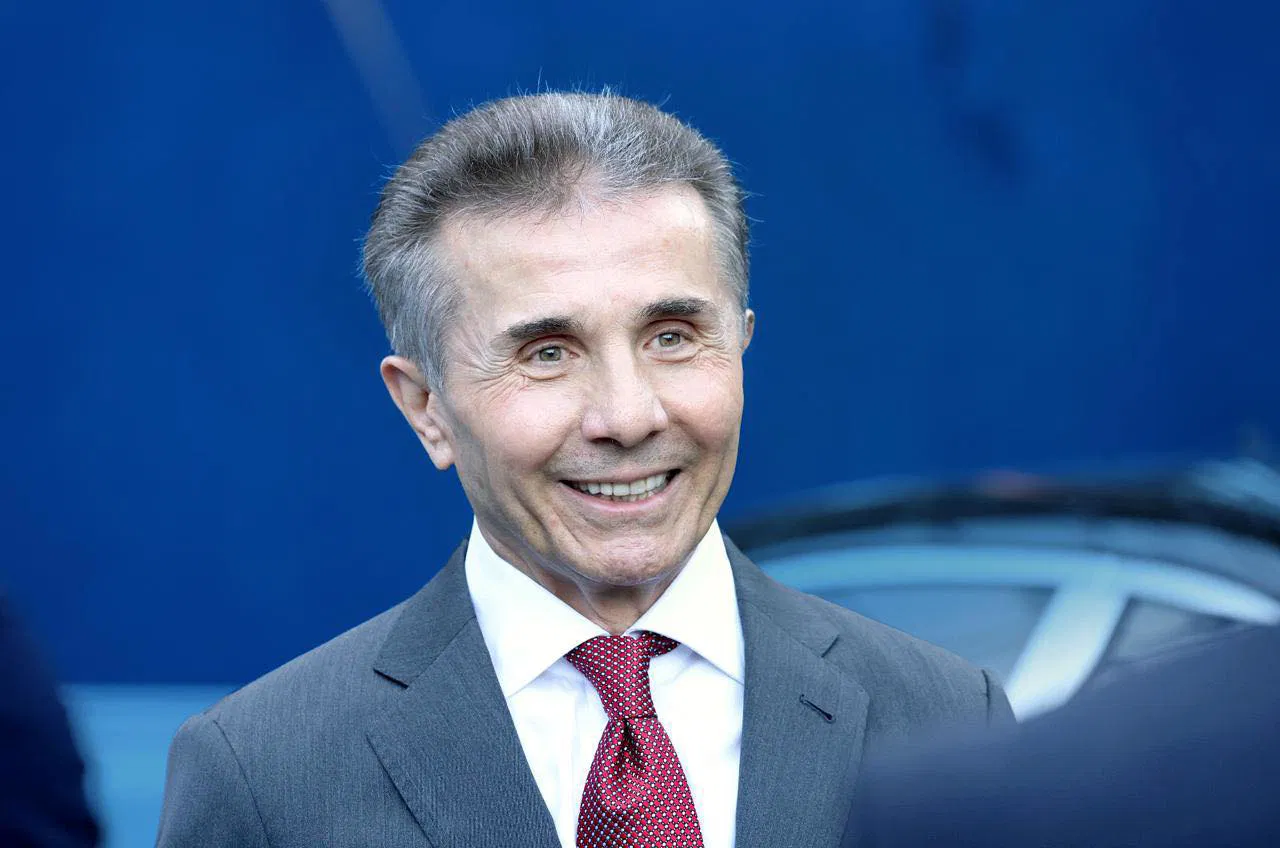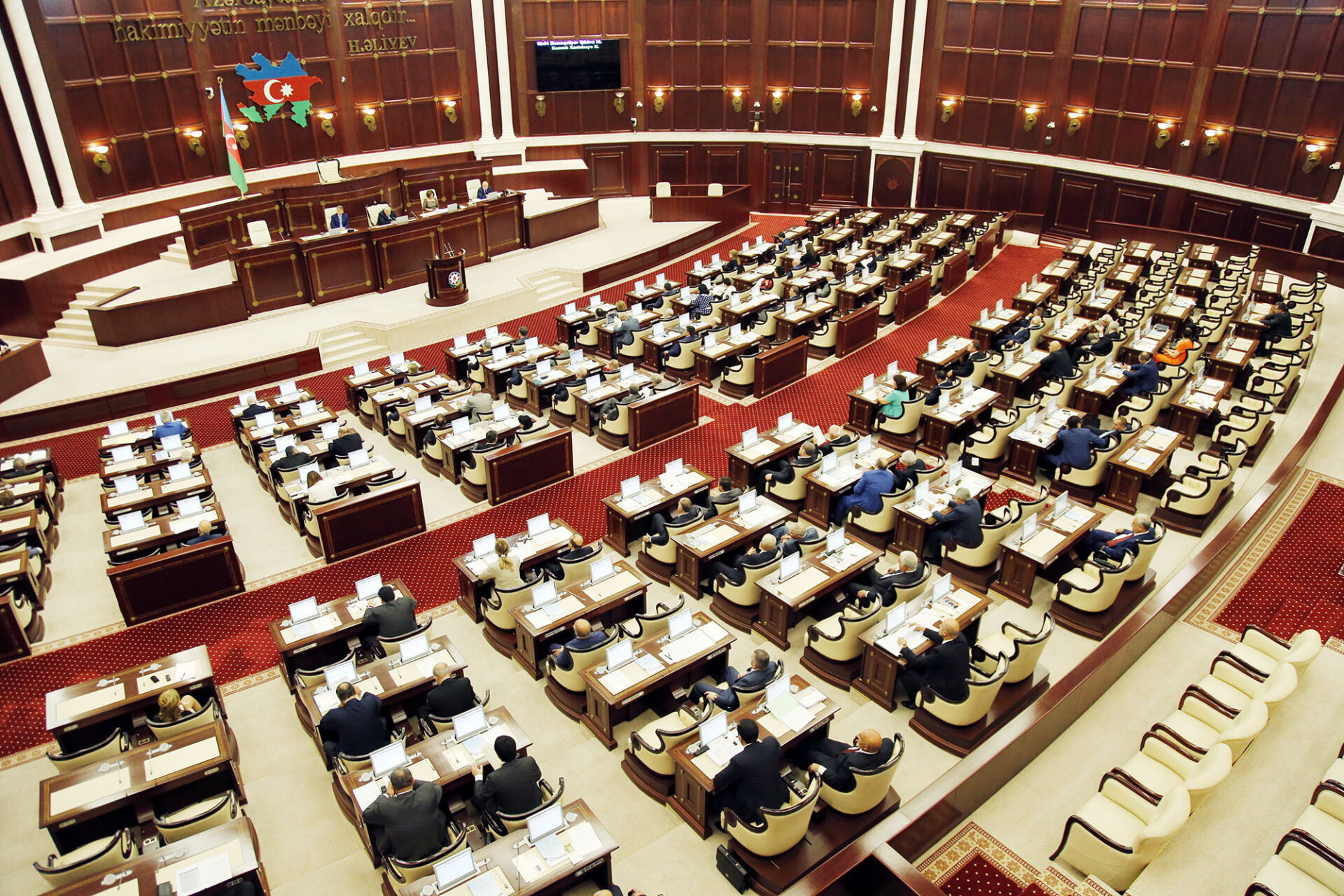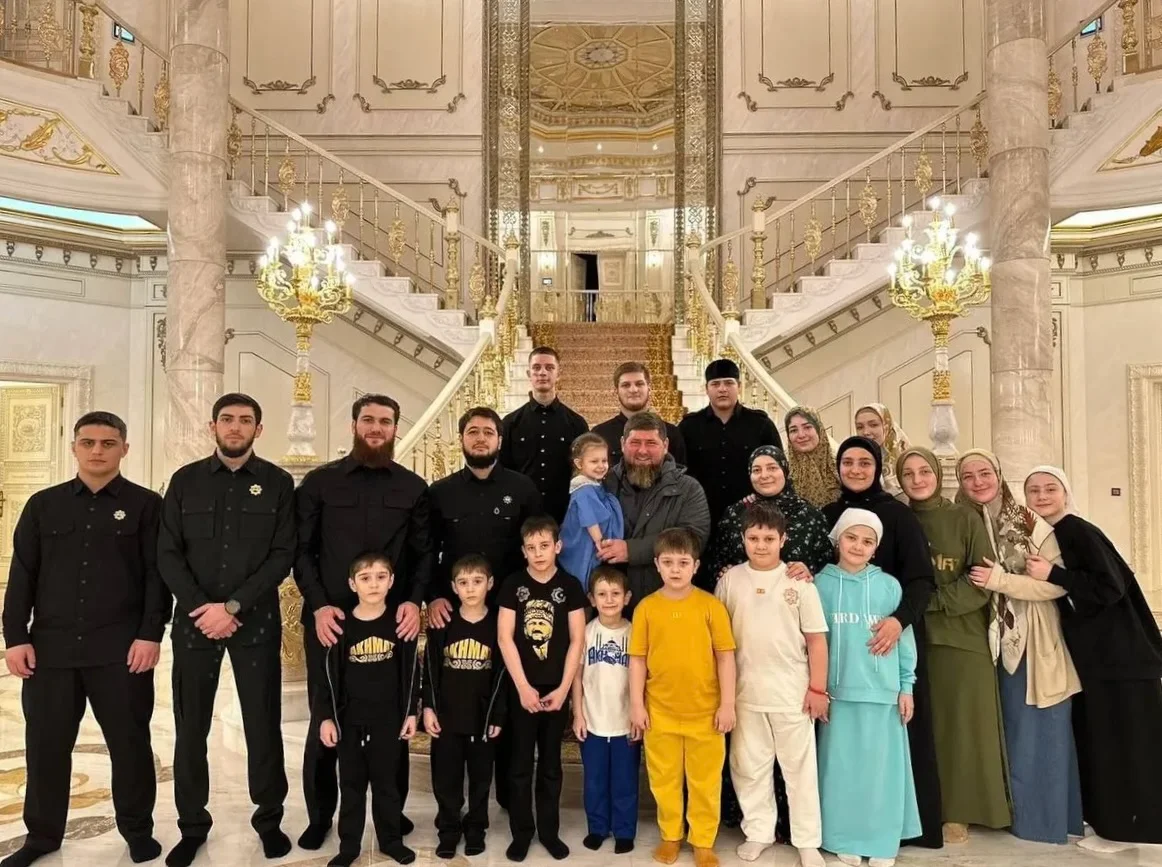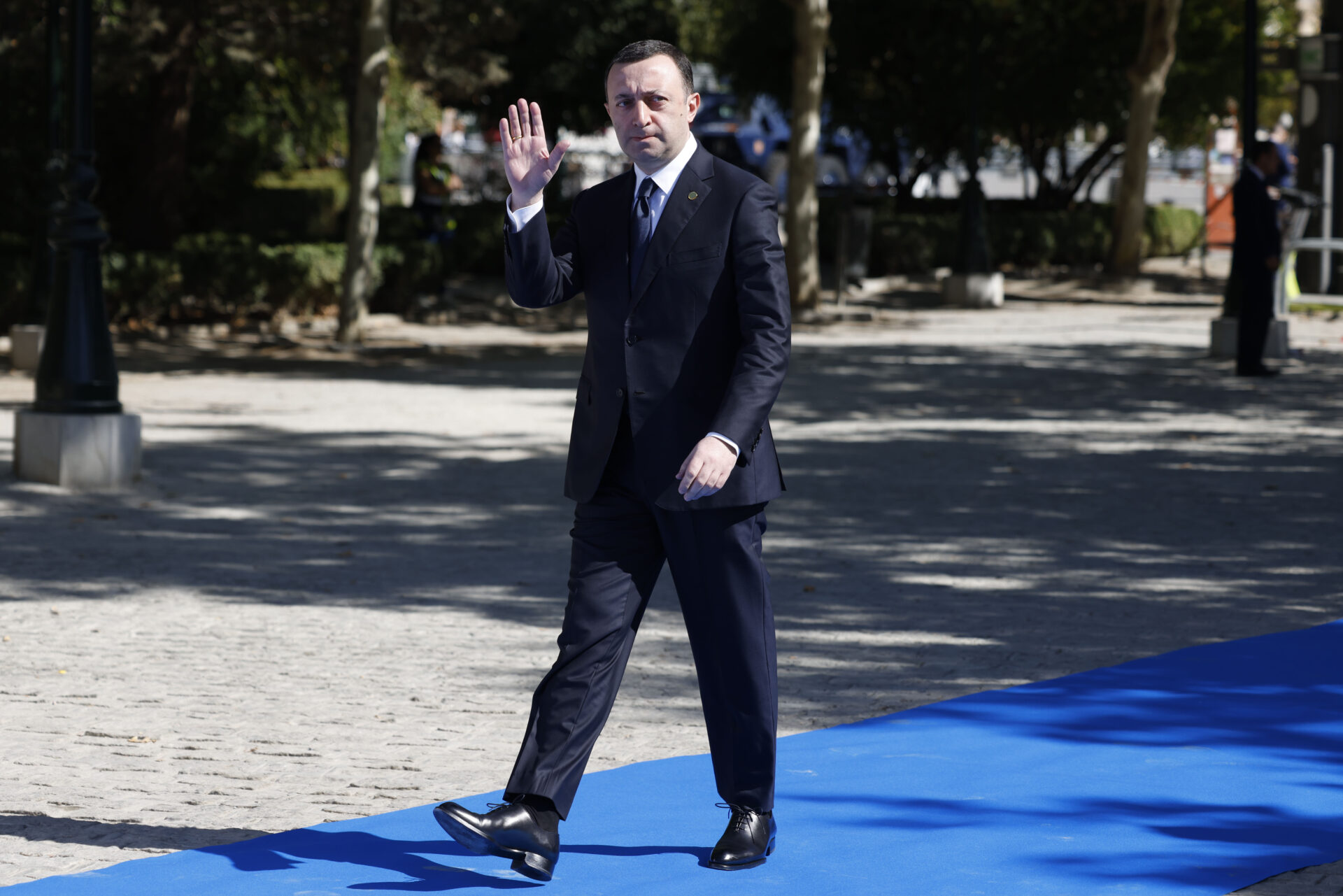
Western Actors and Georgian Opposition Demand Sanctions Against Informal Leader Ivanishvili
Western Actors and Georgian Opposition Demand Sanctions Against Informal Leader Ivanishvili
Executive Summary:
- The European Parliament adopted a resolution requesting sanctions on Georgia and its informal leader, Bidzina Ivanishvili, following the parliamentary elections on October 26 if they are not free and fair.
- Ivanishvili and his team claim that the West has already informally sanctioned the billionaire, but the US Embassy in Tbilisi sharply criticized Ivanishvili for these unsubstantiated accusations.
- The Georgian opposition demands that Western partners impose personal sanctions against Ivanishvili, confident that only such a decision would send a sufficiently strong message to Georgian Dream and Georgian citizens about the importance of democracy in Georgia.
On October 9, the European Parliament adopted a resolution “On democratic backsliding and threats to political pluralism in Georgia” with 495 votes in favor, 73 against, and 86 abstentions. The resolution calls billionaire Bidzina Ivanishvili, the honorary chairman of the ruling Georgian Dream party, an “oligarch” and claims his role in Georgia’s current political crisis is another attempt to undermine the country’s Euro-Atlantic orientation in favor of a pivot to Russia. The European Parliament asked the European Council and the European Union’s democratic partners “to impose immediate and targeted personal sanctions on Ivanishvili for his role in the deterioration of the political process in Georgia” (Civil.ge, October 9). Additionally, the resolution calls for a freeze of all EU funding to the Georgian government until undemocratic laws against “foreign agents” and the LGBTQ community are repealed (see EDM, April 9, July 3, October 15). Western sanctions against Ivanishvili are aimed at emphasizing the importance of democracy in Georgia and the influence of the ruling Georgian Dream party in pulling Georgia away from the West and toward Russia.
On September 16, Washington imposed sanctions on dozens of Georgian members of parliaments (MPs) from the ruling Georgian Dream party, froze financial aid, and canceled the annual Noble Partner joint military exercises (Tabula.ge, September 16). Additionally, US President Joe Biden demonstratively disinvited Georgian Prime Minister Irakli Kobakhidze from the traditional official reception on behalf of the US president for heads of delegations participating in the UN General Assembly (Civil.ge, September 25).
Many influential American figures, however, believe these measures are insufficient. In an article published in The Hill, Ian Kelly, the former US Ambassador to Georgia, and David J. Kramer, the former US Assistant Secretary of State for Democracy, Human Rights, and Labor, called on the United States government to personally sanction billionaire Bidzina Ivanishvili to save Georgia’s democracy from authoritarianism (The Hill, September 29; Rustavi2, October 1). To date, neither the United States nor the European Union have sanctioned Georgia’s informal leader. Ivanishvili claims that the West has imposed unofficial sanctions against him, citing that there is $2 billion he cannot access due to lawsuits against Credit Suisse from May 2023, when he ordered the bank to pay him $926 million for failing to protect his assets. Ivanishvili attributes these “de-facto sanctions” to an unknown “Global War Party,” a Georgian Dream-backed conspiracy theory which suggests that a secret cabal that controls the West is working to create wars globally to further its goals (Rustavi2, May 6; OC-Media, July 9). Georgian Dream claims that this Global War Party aims to “artificially create problems for Tbilisi” and operates throughout US and EU political structures to influence their decisions, primarily aimed at removing Georgian Dream from power and turning Georgia against Russia (Radio Free Europe/Radio Liberty, May 18).
These accusations and the rhetoric associated with them are causing tension with the United States. On October 3, the US Embassy in Georgia clarified that “[the United States has] not put financial sanctions on Mr. Ivanishvili or his immediate family members” (US Embassy in Georgia; Globalnews, October 3). Additionally, US Ambassador to Georgia Robin Dunnigan said in her October 3 interview with Radio Free Europe/Radio Liberty that Ivanishvili has refused all meetings with her and three other senior US officials. Dunnigan highlighted,
I think [that it is] problematic that the person who, it is well known, directs the government and the ruling party in this country refuses to meet with international interlocutors and strategic partners because of what he perceives inaccurately to be financial sanctions on him. [In other words,] putting his own personal financial interests above the interests of the Georgian people (Radio Free Europe/Radio Liberty, October 3).
Paata Zakareishvili, who served as Georgia’s state minister for reconciliation and civil equality from 2012–2016, agrees that the United States has not sanctioned Ivanishvili yet. In his opinion, however, this action will be necessary to help Georgian democracy. In an interview with this author, Zakareishvili stipulated,
Society must be convinced that Ivanishvili is not omnipotent. Georgian Dream is trying to prove to Georgians that they have no problems with the United States and the European Union. Prime Minister Kobakhidze said relations with the West will be ‘reset’ after the opposition loses the October elections. This myth must be destroyed. As long as Western actors only talk about personal sanctions against Ivanishvili but do not impose real actions against him, the Georgian Dream [party] is skillfully speculating on this (Author’s interview, October 11).
According to Ghia Nodia, a professor of politics and the director of the International School of Caucasus Studies at Ilia Chavchavadze State University, there are no important political figures in the government apart from Ivanishvili. Everybody else, in a political sense, is expendable. Sanctioning other figures under Ivanishvili may be proactive, but the effect of such sanctions is much more muted than if sanctions were targeted to include Ivanishvili. Nodia underscored,
If [Ivanishvili is sanctioned], then it will be even clearer that the Georgian government is sanctioned, and the West considers the Georgian government as an unfriendly actor. Also, suppose we apply these sanctions to affect the actual political behavior. In that case, there is a much higher probability of such impact if they imply [sanctions] personally [against] Bidzina Ivanishvili (Author’s interview, October 11).
Opposition MPs Salome Samadashvili and Khatia Dekanoidze said in their October 9 interview that US and EU sanctions against Ivanishvili are “inevitable” before or after the October 26 elections (Authors interview, October 9). Georgian Dream members, however, are ready to defend their leader. Speaker of Parliament Shalva Papuashvili called the European Parliament’s resolution “outrageous” (Civil.ge, October 9). MP Lado Kakhadze, in an interview with this author, said that Ivanishvili is a “Georgian hero” who “spent half of his capital on charity” and “brought peace to Georgia after years of suffering and war.” He explained, “The Americans know that if they openly impose sanctions on Ivanishvili, it will undermine the authority of the United States in Georgian society” (Author’s interview, October 9). The parliamentary elections on October 26 will determine Ivanishvili’s fate in Georgia and the future trajectory of the Caucasian country.


